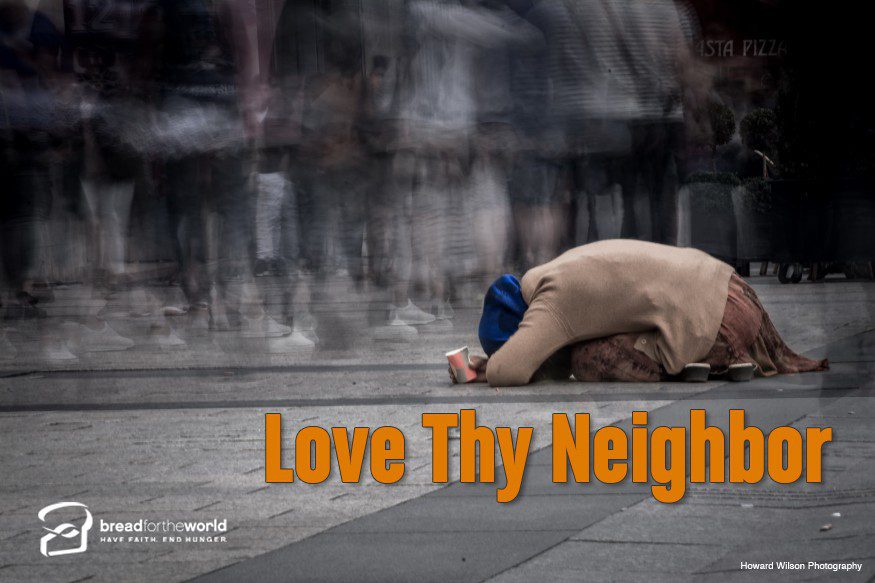By Dulce Gamboa
Every day, social, economic, and political pressures force people around the globe to leave their homes in search of a better life.
Parents take their children on risky journeys to escape extreme poverty, hunger, or violence. They are responsible parents who want to provide for their families, like any other parent would do. The reality is that people facing hunger and poverty around the world cannot always count on economic opportunities and relief when they need it. If we want to address the immigration influx to the United States, we cannot ignore its root causes: hunger, poverty, and violence.
Political inaction has dominated the immigration debate for far too many years. Congress needs to overhaul an immigration system that no longer reflects the reality of the U.S. economy. We are a nation with a dynamic economy powered by immigrants, whether its agriculture, construction, or creation of new businesses.
Faith communities have been involved in the immigration debate both because many undocumented people are part of our religious communities, and because it is what Jesus taught us, to treat everyone with dignity. After all, we are all children of God. We are all made in the image of God, living in the world of God, and following the mission of God.
In the gospel of Matthew, Jesus becomes a refugee himself when He and his family flee persecution and decided to migrate into Egypt. Certainly, migrants who cross the deserts, rivers, and borders in search for a better, dignified life, can see themselves in the story of Jesus. A story of hope in the midst of challenging situations.
We believe that the immigration system should respond to the immigration crisis based on our call of loving our neighbor as ourselves and ensuring that the immigration reform delivers the promise of life, liberty, and the pursuit of happiness for all. In Pope Francis words, “The dignity of each human person and the pursuit of the common good are concerns which ought to shape all economic policies.”
Part of loving our immigrant brothers and sisters as ourselves requires advocating for their well-being and dignity. Are we responding to the higher call of loving our immigrant neighbors? Are we willing to open our hearts to immigrants that have been our neighbors, friends, and colleagues for so long? Let’s follow Jesus’ example by extending God’s love to undocumented immigrants wherever they are. At the end of the day, we all are part of the body of Christ, regardless of immigration status.
Dulce Gamboa is associate for Latino relations at Bread for the World.



